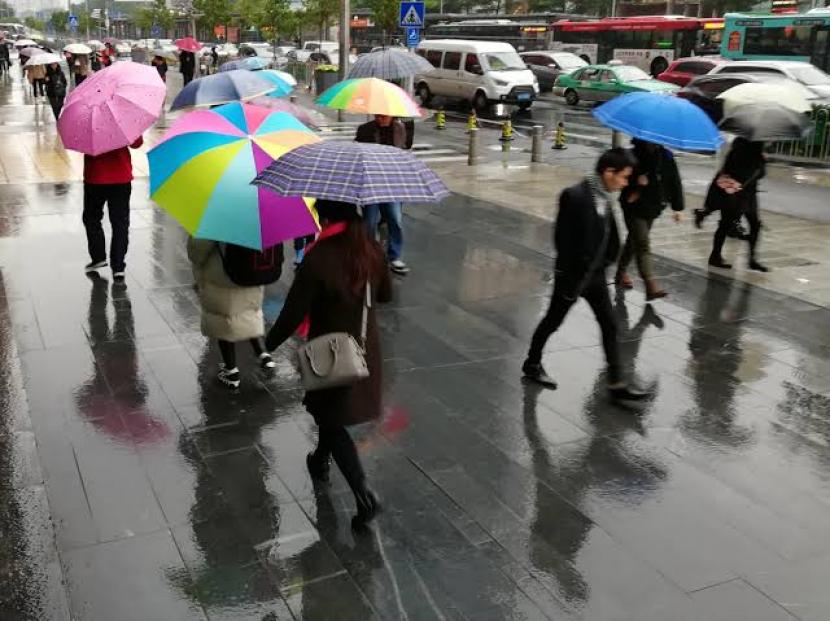There are five diseases that generally occur in the rainy season.
REPUBLIKA.CO.ID, PAMEKASAN — The Health Service (Dinkes) of Pamekasan, East Java, reminded the public to be aware of the five types of diseases that commonly occur when rainy season like this time. “The five types of diseases that need to be watched out for are dengue fever, diarrhea, typhoid, skin diseases and ARI,” said Head of the Disease Prevention and Control (P2P) Division of the Pamekasan Health Office, Dr. Nanang Suyantodi Pamekasan, Monday (6/12) .
He explained that dengue fever is a type of disease caused by the bite of the Aedes aegypti mosquito. This mosquito breeding habitat is usually in water reservoirs, such as bathtubs, used cans or puddles of water.
While diarrhea, he said, is a type of disease that can cause sufferers to defecate frequently. Generally, according to Nanang, the cause of this type of disease is in the form of food or drink that is dirty and contaminated with microorganisms.
Usually this pain lasts between two to three days, but in certain cases it can last up to a week more. For typhoid, he said, it is a disease caused by infection with the bacterium Salmonella typhii. This type of disease can be transmitted quickly, generally through consumption of food or drink that has been contaminated with feces containing the bacterium Salmonella typhii.
“For this skin disease, it is usually due to allergic skin due to dirty water, such as flood water and so far, people who are prone to itching are victims of flooding,” said Nanang.
While the type of ARI is a viral infection that affects the nose, throat and airways. Nanang explained that his party had asked medical officers at each puskesmas to intensify socialization to the public about the importance of increasing vigilance.
“The point is that we ask for promotive and preventive measures to be intensified,” he said.
In addition, his party also asked all parties to increase the movement to eradicate mosquito nests and check larvae on a regular basis.
“At this point, we ask the puskesmas officers to optimize the role of jumantik or larva monitoring interpreters in each village and sub-district,” said Nanang.
The Head of P2P of the Pamekasan Health Office, Dr. Nanang Suyanto, further explained, so far there have been no reports of extraordinary events from each puskesmas, but anticipation efforts must be prioritized. “The principle that prevention is better than cure must be prioritized and become the grip of all elements of society,” he said.
– .


